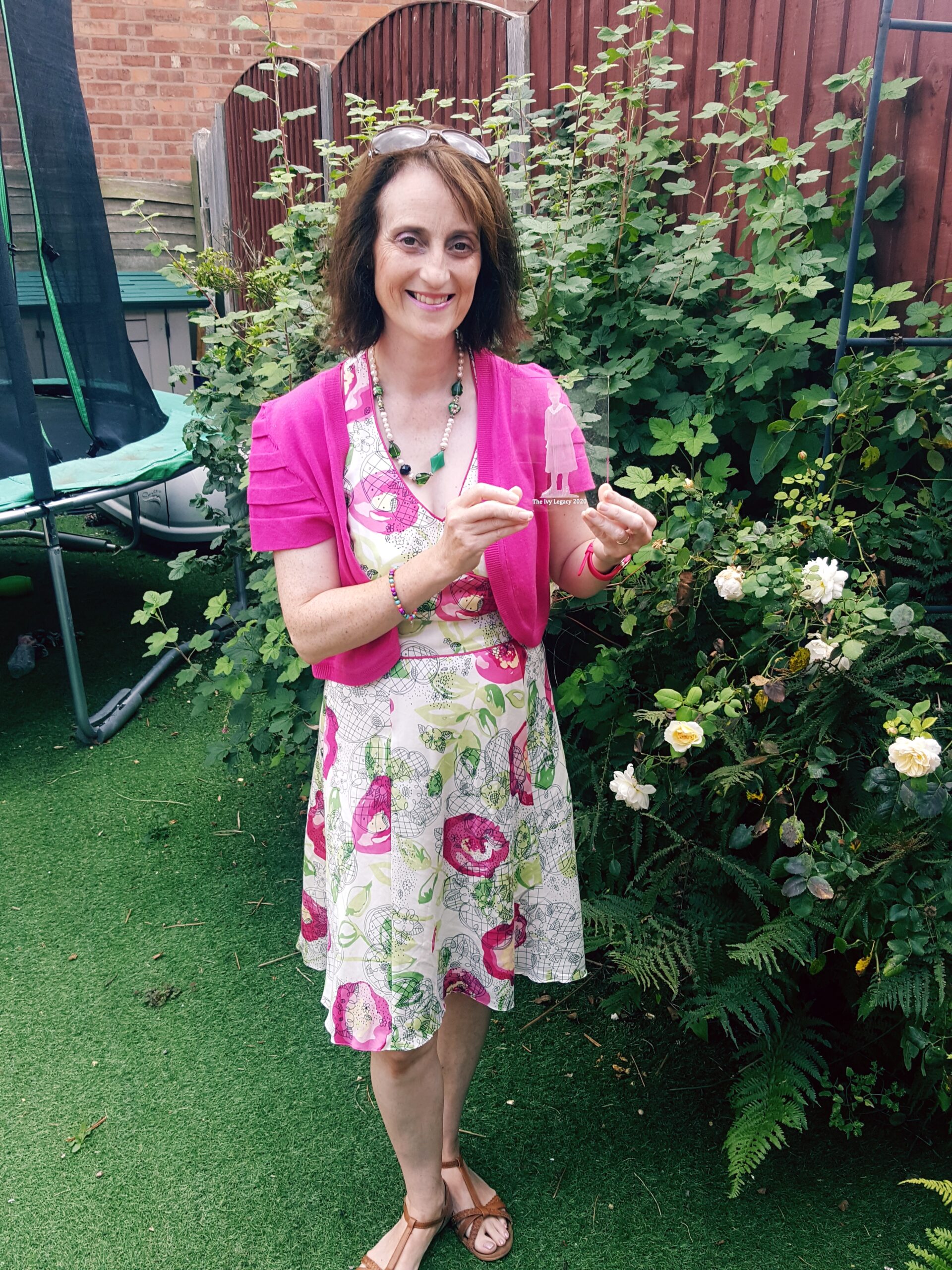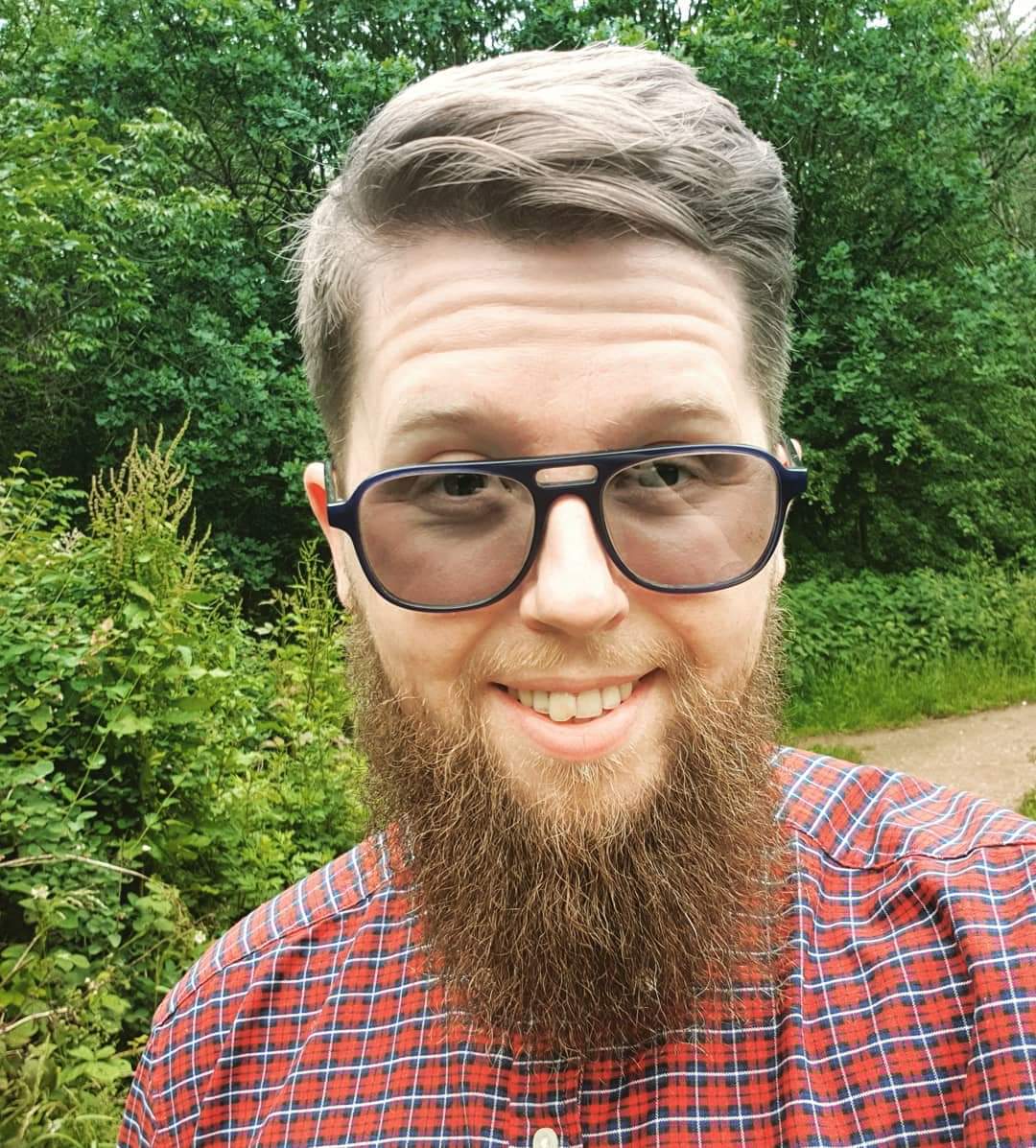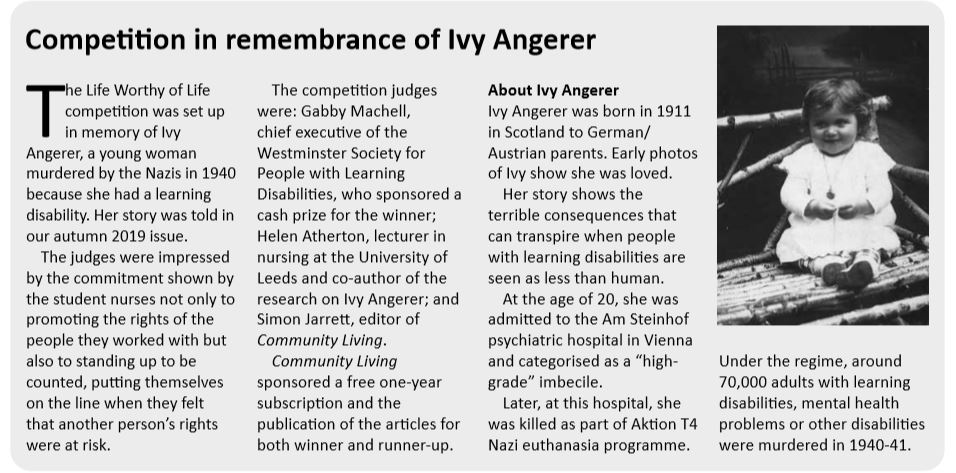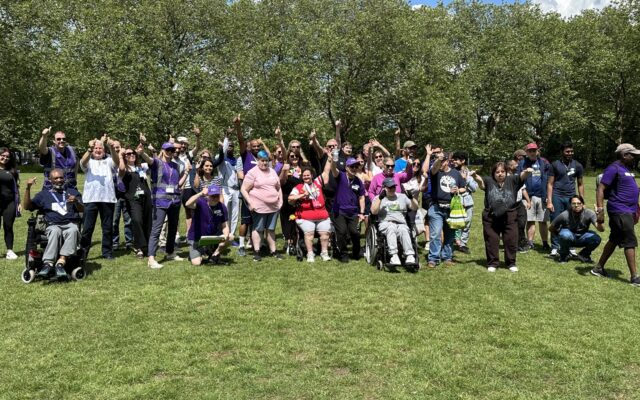Gracie’s plea
Winner: Theresa Parker
I first met Gracie last year and wanted to help from the word “go”. Gracie is 13 years old and experiences high levels of anxiety and low mood. She is also autistic coupled with pathological demand avoidance (PDA).
Gracie has a loving family, who struggle with her “spirited” and (at times) demanding behaviour. Although Gracie has been seen by CAMHS [child and adult mental health services], GPs and counsellors, she continues to be in turmoil and feels “abandoned” by the education system as well as by much-needed support from health and social care. Gracie’s behaviour and fluctuating moods have had a huge impact on her education and lack of attending school. Gracie and her parents have been threatened with the possibility of fines, as well as the possibility of being prosecuted. Her autism diagnosis has been overlooked and brushed aside as “lots of people have autism and still attend school… and manage fine throughout life” ethos.
It is this attitude that led Gracie to attempt suicide last year, leading to some CAMHS intervention. It left the family devastated, confused and not knowing how to help Gracie move forward in terms of living her life to the full. In the months that followed, Gracie’s personal care and hygiene were compromised as was her relationship with her mum especially. She became very angry and reacted in a physical manner as her mum struggled to encourage her to get up each day, sleep and settle at night, attend to personal hygiene as well as leave her bedroom. Gracie appeared “lost” and was struggling with all aspects of life.
I first heard about Gracie and her situation when I attended a workshop for parents and carers regarding autism and PDA.
Given up on
I wanted to be able to support Gracie, offer some hope for this lovely teenage girl who somehow seemed to be left and “given up on” by various groups that the family and herself had thought might be able to help and assist in getting Gracie back into school.
With Gracie’s consent, I approached the school that she had been absent from for many months and arranged a meeting for Gracie, her parents, pastoral leader and year head. Before the meeting, I met with Gracie several times to ensure that she could express her views and feelings. I encouraged her to keep a diary and to attempt to do at least one activity per day.
I wanted to make Gracie see that she would be listened to and that options were available to her. She had choices to ensure that her life was valuable and precious and she had rights to entitle her to the life that she wanted to live – even if it did not always appear to conform with what was expected of her from others.
Given a voice at last
During the meeting, Gracie was given the opportunity to “voice” her fears, concerns and hopes. At the end of the meeting, it was decided that Gracie could go back to school on a phased return. Gracie and I discussed that it was not going to be easy to return – but, with her CBT [cognitive behaviour therapy] strategies, it would be a start.
It has taken many months for Gracie to attempt to get back into school and this is a “work in progress”. Gracie still has days where she struggles to get out of bed, attend school and be with her family but she also has days where she goes into school and participates in drama where she said “I lose myself by reinventing myself”. I have learned a lot from my involvement with Gracie – it has shown me that Gracie has willpower, determination and inner strength in the face of much adversity. She has been dismissed by many as being awkward, difficult, challenging, disruptive and lazy.
Having the privilege of being involved with Gracie and her family has highlighted for me the importance of being able to support vulnerable youngsters in a positive way, providing them with a “voice” when they feel unable to articulate their feelings, emotions and frustrations. I am proud of the profession that I will be joining once qualified – a learning disability nurse. For Gracie, the support has enabled her to know her life is important and worth living.
It is a reminder to her that she does matter, that she can achieve and know that she can seek out my help when needed. I know Gracie will make a difference to this world – and those who meet her will be moved by her wonderful smile.
Theresa Parker is just completing her final year of training as a learning disability nurse at Coventry University. During the Covid-19 crisis she opted in to assist
A rescue from isolation
Runner-up: Evan Howle
Imagine your life if it was void of any emotional connection to another individual. If your life suddenly became absent of friends, family or loved ones.
You existed in isolation from the rest of society. Every interaction with another was clinical, and governed by a set of written rules which separated you from the group of people around you. Every interaction was predetermined and its appropriateness questioned. For so many individuals in care, this is the life that they have been forced to live.
Regardless of profession, professional boundaries are an essential part of the toolkit. They ensure care is appropriate, safe and protects people from harm. Unfortunately, They also create risk-averse interaction and the danger of isolating people through the very care we are supposed to provide.
Solitude and boundaries
I had the privilege of meeting a man who had been in different care systems for the majority of his life.
He struggled with voicing his thoughts and feelings, and this manifested itself quickly in aggressive behaviour towards others or his environment. He would isolate himself, and showed difficulty in communicating with others; this led to the staff team around him having a fear of his potential behaviour, which would limit the interaction he received, due to a fear for their own safety or wanting to limit the distress it would cause. Those professional boundaries became much more rigorously enforced.
I recognised that it was a cycle of behaviour from everyone. He had become used to the isolation, and utilised his behaviour to communicate his needs, which had led to him becoming isolated further. I felt the pattern needed to be broken.
It was important to reiterate to others that his behaviour was not challenging, and instead it was just communicating behaviour expressing his confusion, fear or needs to the situation. That was the first major step in presenting any realistic change – advocating for him to encourage the staff to take the time to really observe and listen to why he presented with the communicating behaviours so they would understand his needs.
It was evident that he had not experienced “care” and, most importantly, friendship. How much of a struggle it must be if when you’re sad, lonely and in need of comfort you feel that nobody is there to provide it to you.
I would lead by example in the team, spending extra time to interact with him, learning his likes and dislikes over time, and sharing my own. To me, this was important. How is it possible to understand someone’s world without being willing to share your own? It is by allowing the merger of both that we can truly provide care which is individual, and full of empathy and understanding.
But the biggest changes were a result of advocating for changes to those professional boundaries, making changes to care plans to give him the option to ask his staff for a hug when he was sad. Staff who over time had become part of his world rather then existing outside of it. It allowed him to express his emotions, and feel safe about doing so. It did not undo all of his past experiences, but sought to change his future experiences.
Over time, he developed positive relationships with his peers, which resulted in beneficial friendships. He slowly moved away from seeking emotional support from the staff team, as he had given himself a wider network of support which he felt he could receive it from. One which he now viewed as his family.
Evan Howle is a second-year applied nursing (learning disabilities) and generic social work student at Sheffield Hallam University






